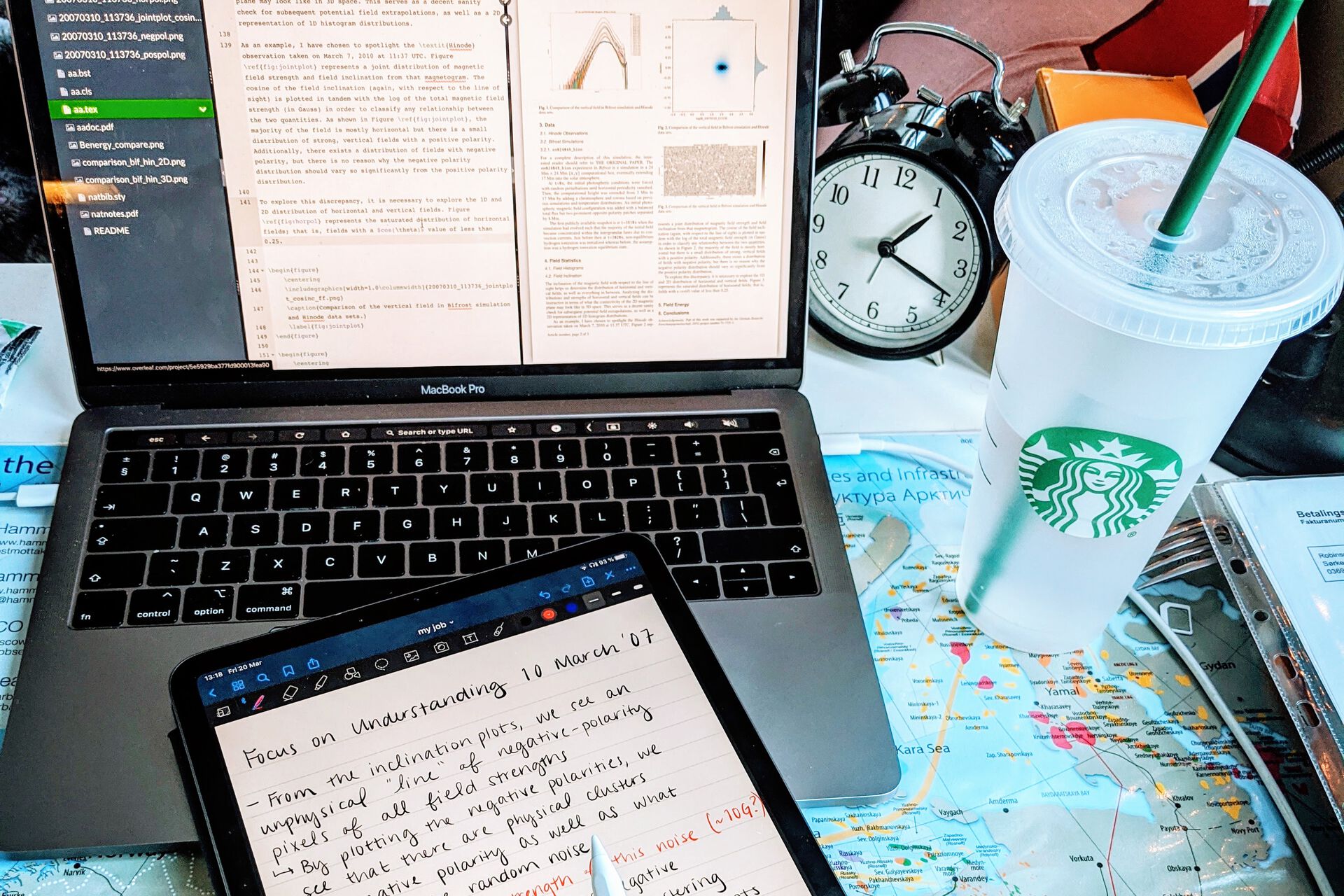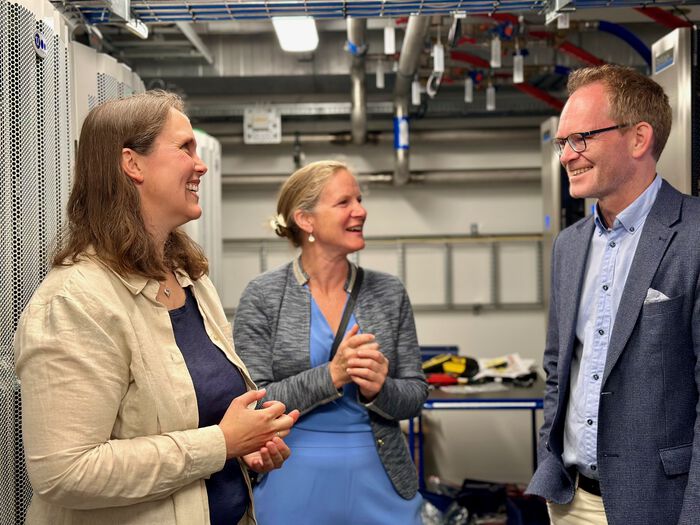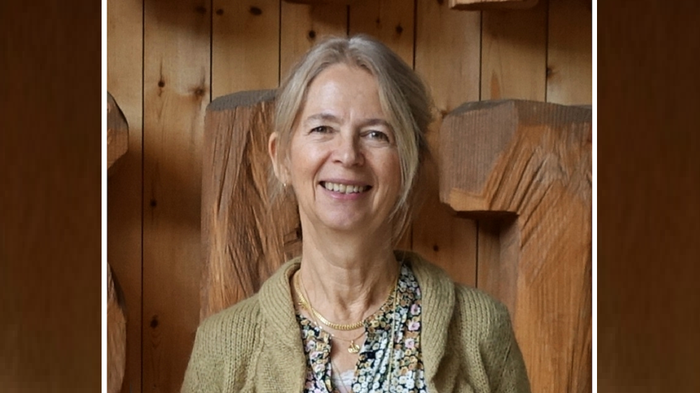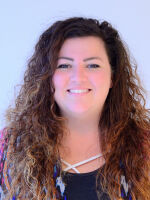
This article is written by Rebecca Anne Robinson
I'm going to start out with a blunt-force statement that isn't true at all, but is perhaps something I’ll yell out loud during a fit of frustration: Journalism is trash.
While journalism is definitely not trash, much of pop-science journalism comes in as a very close second and is, when you think about it, somewhat of an oxymoron.
(Sidenote: I get it. This is absolutely a pop-science article aiming to warn readers about the pitfalls of pop-science articles. The irony isn’t lost on me; just hear me out, ok?)
Before I explain any further, I should probably give you some background information. While I professionally identify as a scientist, I am in the unique position of being somewhat relevant in both the world of science and the world of journalism. A discerning reader might find my fingerprints all over the travel and finance sections of web-based publications such as The Points Guy, 10xTravel, Business Insider, and Forbes -- but you won't find me, exactly. As a ghostwriter, I publish under a name that isn't mine and a face that isn't mine, which gives me none of the credit but also none of the blame. I like it that way.
US-based travel and finance writers are often one and the same, coming at our readers with a specific agenda in mind. This is relatively simple to do in a credit-based economy; we sell credit card subscriptions and market rewards programs, aiming our audience towards this hotel or that airline, suggesting destinations for dream vacations many folks couldn't afford without their points and miles, and genuinely attempting to teach people how to hack their way through a very inequitable, post-colonial, late-staged capitalist system.
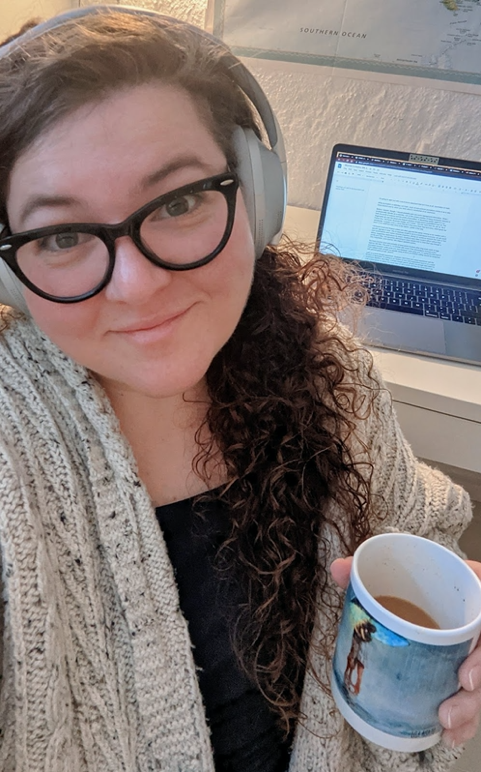
But that's another story and probably at least seven hundred other blog posts worth of rage against The Man. The point is, I'm familiar with some of the shenanigans involved in pop journalism because I write some of it. And because I write some of it, I'm telling you that even if it isn't blatant garbage, at least my specific niche of travel and finance writing should be consumed with several grains of salt. Several.
Let's do a quick thought experiment. Suppose I don't have any actual experience with the product or destination I'm marketing to my readers (a very valid supposition) and I'm on a quick turnaround deadline. Most of the time, a simple Google search will give me enough information to craft a travel guide to a place I've never been or sell a credit card that I've never had in my wallet.
But what happens when we use a similar method for science journalism? Many things are Googleable, but Google is multifaceted. If you're looking for information to uphold a certain agenda, Google probably has it. And usually, the end result is a mishmash of paragraphs supporting a predetermined angle, crowned with a click-bait title designed to compete for your time.
Here's the problem: the scientific method doesn't work on a quick turnaround deadline. And if pop-science journalism is written in almost live-time, the resulting report doesn't make any sense because it's usually only part of the story, manufactured to paint a particular picture. Furthermore, I'll wager that it'll almost never match what is later published in an actual scientific journal that, in all likelihood, the public will never read.
Simply put, it is problematic to write science journalism in the same way that I write travel and finance articles. Here's a recommendation. Here's an opinion. Here's a cherry-picked misquotation from an otherwise credible source.
Reader beware.
But most folks don't know how to be careful or discerning because actual scientific articles aren't always accessible. Instead, people rely on the news for scientific updates because the news is the news, and we trust it because somebody said so, and we believe that it was thoroughly researched and unbiased. But in a competitive economy, everybody has an agenda.
Over the summer I had several friends and family contact me in a panic due to a few pop-science articles that claimed, rather topically, that the Sun was in "lockdown." Terrified that the Sun was preparing to shut itself off, they asked me if the articles were true and what they should believe, think, do.
Of course, the Sun was not in lockdown; just an extended Solar magnetic minimum that was admittedly a bit anomalous, but nothing terribly out of character for the Sun's magnetic cycle. But if you don't know anything about the Sun's magnetic cycle and an article makes wild claims that the Sun is not acting as it should, that could end up causing some panic.
The irritating thing, though, is that the articles weren't technically incorrect; they were just topped with misleading headlines and eye-grabbing extrapolations. Once you clicked the headline stating "The Sun Just Went Into Lockdown" or whatever, you were almost immediately met with "lol jk, but maybe" and then a few nods towards some actually scientifically sound ideas.
The other irritating thing is that you can't publish science in live-time. Scientists don't do that, because we're peer-reviewed. Pop-science journalism isn't always, and that's an issue. If science and journalism don't operate on the same schedule, and pop-science journalism is almost always premature but almost always more accessible, then readers of pop-science are left with a tip-of-the-iceberg, superficial version of whatever the whole story might have been. That might be enough to publish in journalism, but it really isn't enough to publish in science.
So here's the bottom line: if you're satisfied with a knee-jerk reaction to a statistically insufficient set of information mixed with an intrinsically biased agenda, then feel free to spend your time absorbing pop-science journalism. But if you have respect for the scientific method or consider yourself a scientist (i.e. you're curious, you're a problem solver, you don't take things at face value, etc.) then look for the story, the sources, and the science between the lines.
When in doubt, ask your favorite scientist! We’re here for you, and if we don’t know the answer, we’ll help you learn how to find it. That’s our job!
